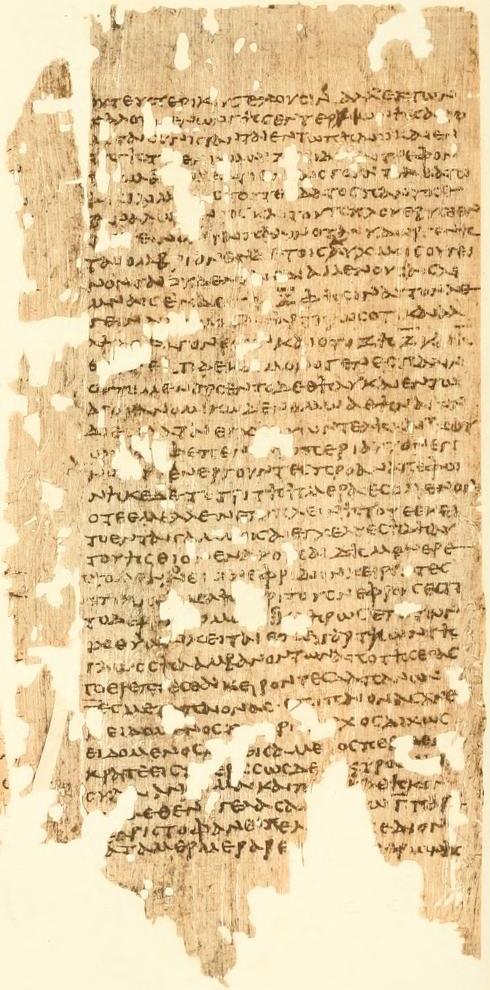|
Scholia
Scholia (singular scholium or scholion, from grc, σχόλιον, "comment, interpretation") are grammatical, critical, or explanatory comments – original or copied from prior commentaries – which are inserted in the margin of the manuscript of ancient authors, as glosses. One who writes scholia is a scholiast. The earliest attested use of the word dates to the 1st century BC. History Ancient scholia are important sources of information about many aspects of the ancient world, especially ancient literary history. The earliest scholia, usually anonymous, date to the 5th or 4th century BC (such as the ''scholia minora'' to the ''Iliad''). The practice of compiling scholia continued to late Byzantine times, outstanding examples being Archbishop Eustathius' massive commentaries to Homer in the 12th century and the ''scholia recentiora'' of Thomas Magister, Demetrius Triclinius and Manuel Moschopoulos in the 14th. Scholia were altered by successive copyists an ... [...More Info...] [...Related Items...] OR: [Wikipedia] [Google] [Baidu] |
Homeric Scholarship
Homeric scholarship is the study of any Homeric topic, especially the two large surviving epics, the ''Iliad'' and ''Odyssey''. It is currently part of the academic discipline of classical studies. The subject is one of the oldest in scholarship. For the purpose of the present article, Homeric scholarship is divided into three main phases: antiquity; the 18th and 19th centuries; and the 20th century and later. Ancient scholarship Scholia Scholia are ancient commentaries, initially written in the margins of manuscripts, not necessarily at the bottom, as are their modern equivalents, the notes. The term marginalia includes them. Some are interlinear, written in very small characters. Over time the scholia were copied along with the work. When the copyist ran out of free text space, he listed them on separate pages or in separate works. Today's equivalents are the chapter notes or the notes section at the end of the book. Notes are merely a continuation of the practice of creating ... [...More Info...] [...Related Items...] OR: [Wikipedia] [Google] [Baidu] |

